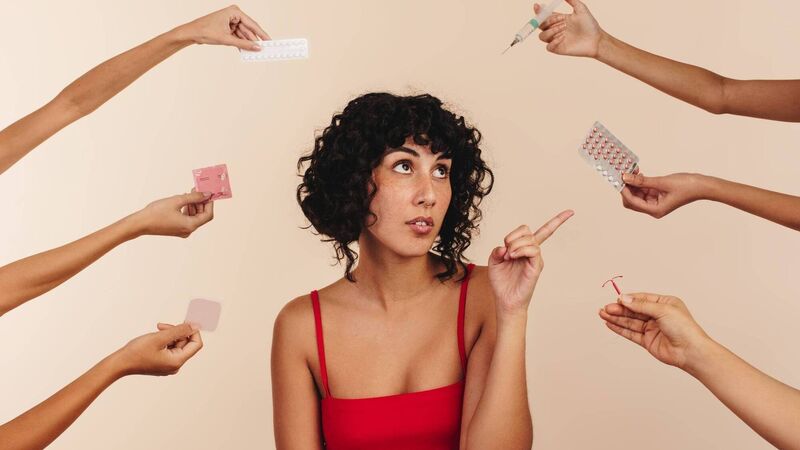Dr Michelle O'Driscoll: Everything you need to know about the free contraceptive scheme which has been expanded

Currently in Ireland, women from the age of 17 to 30 are entitled to free contraception under the relatively new state contraception scheme. Picture: Stock
WORD is spreading, but surprisingly still not everybody is aware that currently in Ireland, women from the age of 17 to 30 are entitled to free contraception under the relatively new state contraception scheme.
Dr Michelle O’Driscoll is a pharmacist, researcher and founder of InTuition, a health and wellness education company. Her research lies in the area of mental health education, and through InTuition she delivers health promotion workshops to corporate and academic organisations nationally. See intuition.ie







 App?
App?


